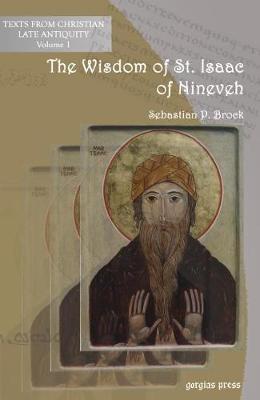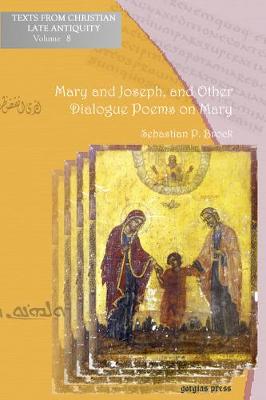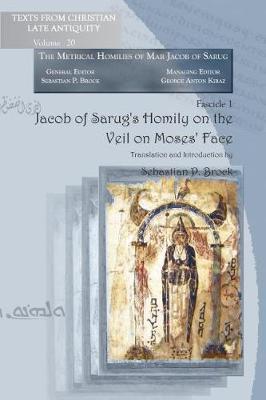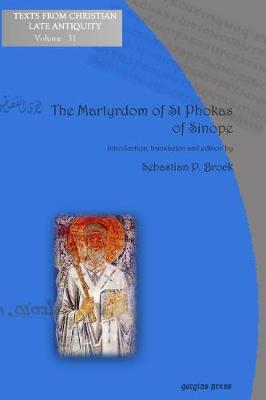Texts from Christian Late Antiquity
4 primary works
Book 1
From one of the most thought-provoking writers in the monastic tradition, this volume contains 153 short, contemplative sayings of St. Isaac of Nineveh (fl. 661-681 CE) in their original Syriac with facing English translation. St. Isaac was ordained bishop of Nineveh but resigned his post only five months later and became a monastic hermit in the mountains of southeastern Iraq. This work speaks to believing Christians today as well as scholars wishing to learn more about the Eastern monastic tradition.
Book 8
What was Joseph's reaction when he arrived home to find Mary pregnant? How did Mary manage to persuade him that her child was none other than the Son of God? The Syriac literary tradition had a unique way of answering these sorts of questions raised by the Bible. Dialogue poems (sughyotho) offer lively, thought-provoking, and often delightful re-imaginings of Biblical events. They expand the Biblical stories, giving the familiar characters more dialogue and describing their inner thoughts. The collection provides five dialogue poems featuring Mary, in Syriac original with facing English translation.
Book 20
This edition of Mar Jacob of Sarug's (d. 521) homily on the Veil of Moses asks what the veil means. Jacob finds the hermeneutical key in Paul's exegesis of Gen. 2:24 - that the man and the woman becoming one symbolizes Christ and the Church. The bride must wear a veil until such time as her bridegroom comes to remove it at their marriage ceremony. The volume constitutes a fascicle of The Metrical Homilies of Mar Jacob of Sarug, which, when complete, will contain the original Syriac text of Jacob's surviving sermons, fully vocalized, alongside an annotated English translation.
Book 31
The fame of the martyr St. Phokas, first bishop of Sinope (on the Black Sea) and patron of seafarers, had spread to many parts of the Christian world by the fifth and sixth centuries. Although the Acts of his martyrdom under Trajan were composed in Greek, the earliest witness to them is the Syriac translation which is edited and translated here from two early manuscripts.



